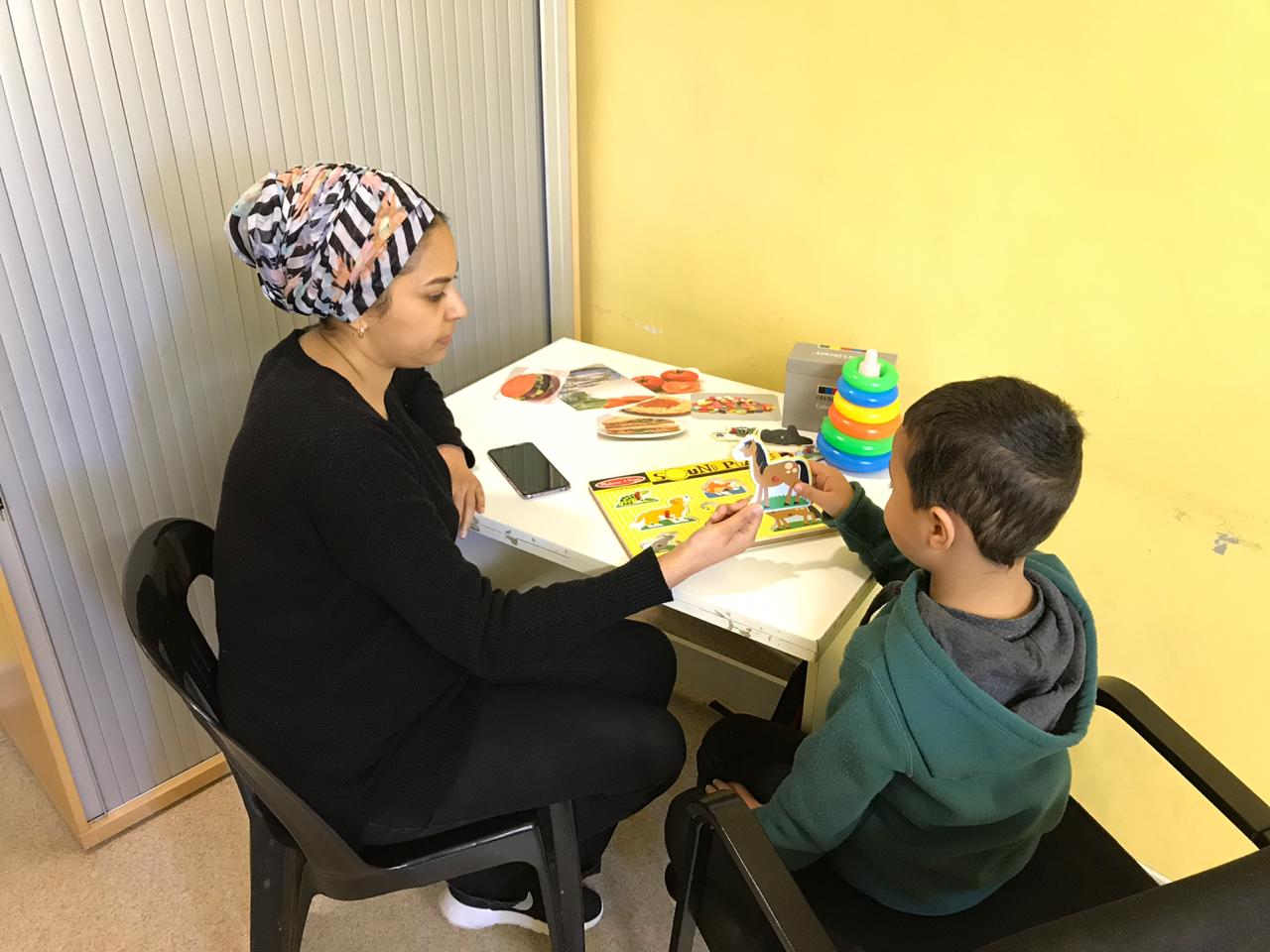
News
Autism in children as a mental health factor and the role of the Rehabilitation
If your child is showing signs of unusual behaviour, such as odd or repetitive ways of moving their fingers or hands, over-sensitivity to certain textures, sounds or lights, does not respond to his/her name even though their hearing is normal, rarely makes eye contact when interacting with people, or frequently playing alone, it might be an indication that they are suffering from Autism Spectrum Disorder (ASD).
People with autism tend to have difficulty with social interaction, communication and behaviour. According to Autism Western Cape, boys are four to five times more likely to be on the autism spectrum than girls. “Autism is a lifelong developmental disability which can be treated, but not cured, if detected in the early stages of infancy and early childhood. Ultimately it causes delays in the basic areas of development, such as learning to talk, play, and interact with others,” says Ruwayda Hull, WCGH Occupational Therapist for Klipfontein and Mitchells Plain.
Autism might be overlooked as an important mental health factor due to other mental health social ills in the community, but in Mitchells Plain, the Western Cape Government Health Rehabilitation Therapists are treating an increasing number of children between 2 and 4 years old who present to the Mitchells Plain Community Health Centre (CHC) either undiagnosed or diagnosed with ASD.
“I see on average 30 children per month from Mitchells Plain who present to the facility with signs of autism spectrum disorder,” says Nerosha Mohamed, Speech Therapist at Mitchell’s Plain CHC.
Undiagnosed cases of ASD are referred to the paediatrician at the Red Cross War Memorial Children’s Hospital by the Rehabilitation Therapist for further assessment and confirmation to determine whether the child has ASD.
“Majority of the parents are not aware of the signs of autism in their child and present to the facility with concerns,” says Nerosha.
Children who are diagnosed with autism, experience difficulties in four key areas of their life – social interaction, verbal and non-verbal communication, repetitive behaviour, and differences in sensory perception. The Department’s Rehabilitation Therapists are trained and qualified to work with children suffering from ASD.
The overall goal of occupational therapy is to help the person with autism improve their quality of life at home and in school. The therapist helps introduce, maintain, and improve skills so that people with autism can be as independent as possible.
Speech therapy can improve overall communication. This makes it possible for people with autism to improve their ability to form relationships and function in day-to-day life. Specific goals of speech therapy include helping the individual with autism to be able to communicate.
If a child is experiencing challenges in development in terms of how they play, learn, speak, act, or move, parents are encouraged to make an appointment to see their doctor immediately or approach the nearest community health centre. Early intervention and treatment of the symptoms of autism will lessen the impact of these symptoms in the child.
A few signs of autism spectrum disorder in a child:
- No babbling by 11 months of age
- No simple gestures by 12 months, for example waving goodbye
- No single words by 16 months
- No 2-word phrases by 24 months (noun + verb)
- Odd or repetitive ways of moving fingers or hands
- Over-sensitive to certain textures, sounds or lights
- Lack of interest in toys or plays with them in unusual ways
- Preoccupations with unusual interests such as light switches, doors, fans, wheels
- Unusual fears, for example, a fear of the colour green
- Rarely makes eye contact when interacting with people
- Doesn’t point to show things he/she is interested in or follow your point
- More interested in looking at objects than at people’s face.
- Prefers to play alone.
For more information on Autism visit the Mitchells Plain CHC and request to see the speech or occupational therapist or visit the Western Cape Government website (www.westerncape.gov.za) or Autism Western Cape (www.autismwesterncape.org.za) or call Autism Western Cape on 021 557 3573.


